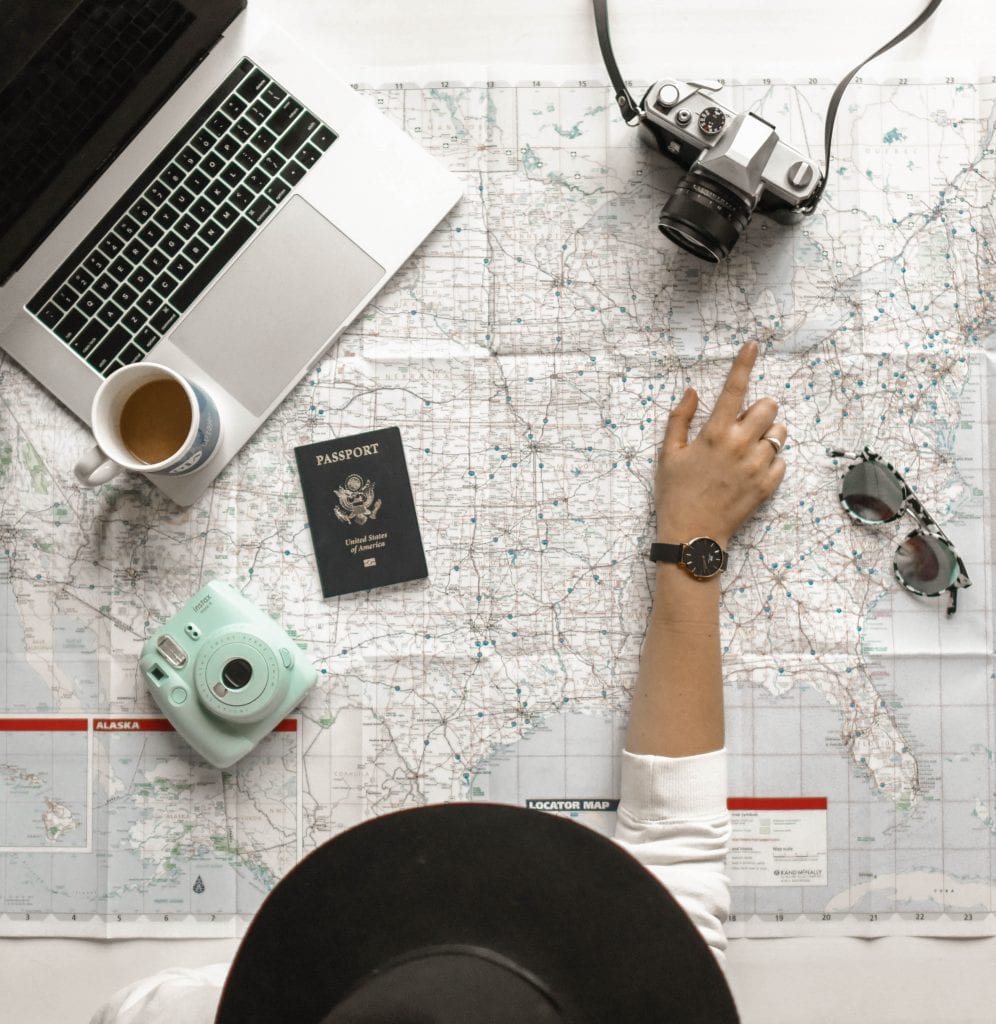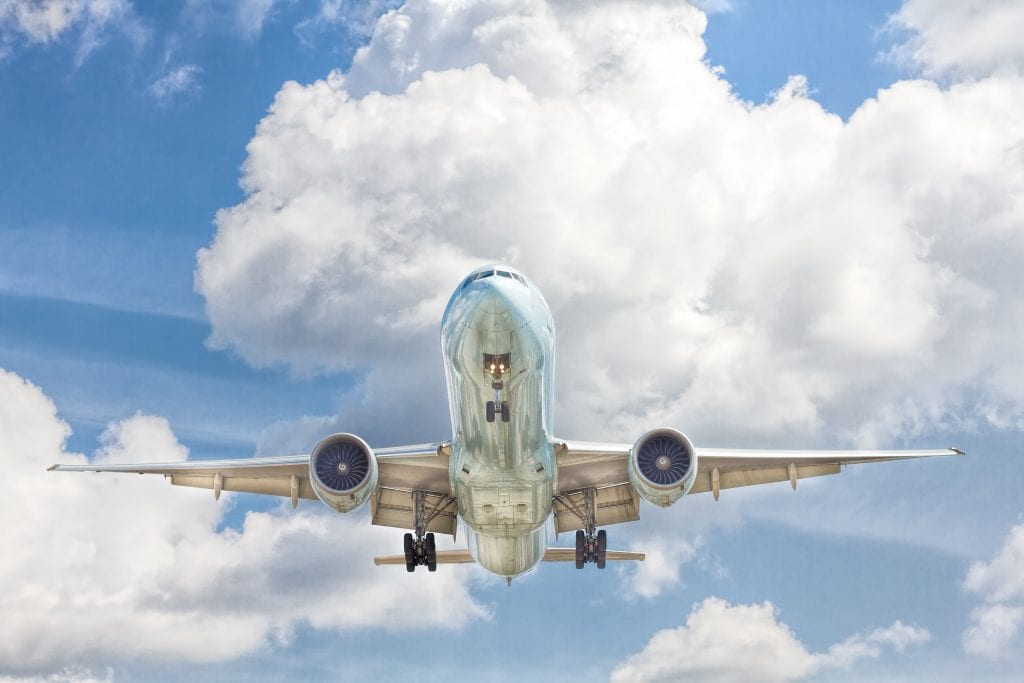
Despite being in the thick of a global pandemic, many people are still thinking about travel. In fact, as we nostalgically look back on a time when a lazy beach vacation or summer trip to Europe was easy, I would argue that society is thinking about future travel plans more than ever.
Some of the questions I’ve heard include: When this is all over, what is going to happen to travel? Will it be cheaper than ever before? And if we have pre-existing travel plans, should we be canceling?
Here are some pointers to consider when looking ahead to your next family vacation:
Look for deals. Assuming the coronavirus crisis comes to an end soon, you can look to book for the summer or even next fall or winter. Travel destinations will likely begin an aggressive coronavirus recovery program the moment the “all clear” signal is given, but this might not necessarily mean cheaper prices. So, instead of focusing on discount, look at the overall value of the deal. Are they throwing in attraction tickets or including meals with room purchase?

Consider travel insurance. Stay away from too-good-to-be-true offers from unknown operators. Chances are, these are fire sales from desperate companies on the verge of bankruptcy. Focus on well-known brands that are financially stable. Also, a reputable insurance policy will protect you if an operator goes out of business. If you can’t find a good policy, use a credit card, which can offer protection, to make your purchase.
Think about a road trip. The road trip will likely to make a big comeback. After months of being locked away from family and friends, travelers will find this an attractive option. It doesn’t involve spending a ton of money and avoids public methods of transport such as flying or taking a train. Spending some time now talking about places you might want to later visit with your family brings about optimism for you and anyone you might be planning to visit.

Consider cancellations carefully. If you are looking to cancel a previously booked trip, keep in mind that airlines and cruise lines are offering incentives for not canceling tickets. Many will now offer credit vouchers for future trips. For instance, Frontier Airlines previously offered a limited-time waiver policy offering passengers with an extra $50 credit if they voluntarily canceled an itinerary for travel between March 22 and June 17. Most major cruise lines in recent weeks have also begun offering passengers on canceled sailings a bonus credit of 15% to 25% if they choose a credit instead of a cash refund.
Check with your booking agency. If you booked through an online travel agency such as Expedia or Priceline, your first point of contact when looking to re-book, postpone or cancel a trip should be the agency. There are a few exceptions, particularly with air travel. If your flight is operated by a low-cost carrier, the travel agent will redirect you. If your flight qualifies for reimbursement but a refund isn’t offered, you have another option. The federal Fair Credit Billing Act gives you the right to dispute a charge for services not provided if you purchased the airfare with a credit card. Typically, you’re required to make a good-faith effort to resolve a problem directly with the merchant first. Be sure to call the airline before initiating a chargeback and document your efforts.
Most experts will tell you that travel will come back quickly following this crisis, probably faster than anyone expects. Travel and tourism are highly resilient industries that have recovered quickly in the past from disease outbreaks and natural disasters.
I’m a mother with older family members, and planning a future vacation seems almost impossible in these uncertain times. However, it is important to have hope and give your family hope, even if you don’t lock in the dates just yet. When you do finally take that trip, assess your risk tolerance, take reasonable and prudent precautions and make smart decisions about your travel. This, too, shall pass.
Francesca Page is a TV host and journalist who covers lifestyle, travel and current affairs. She has traveled the world, and currently resides in New York City, which she calls “100 worlds in one.”
























